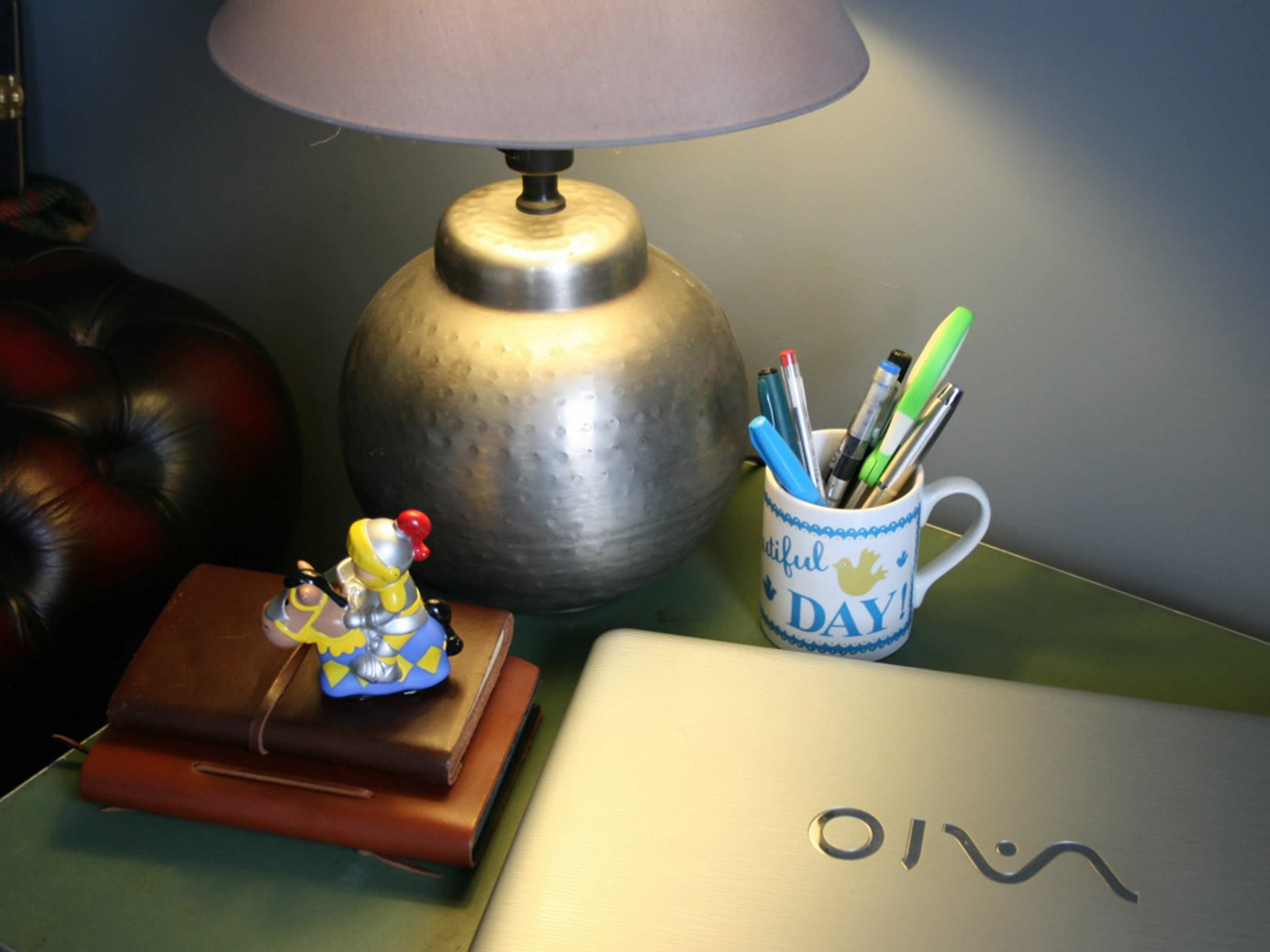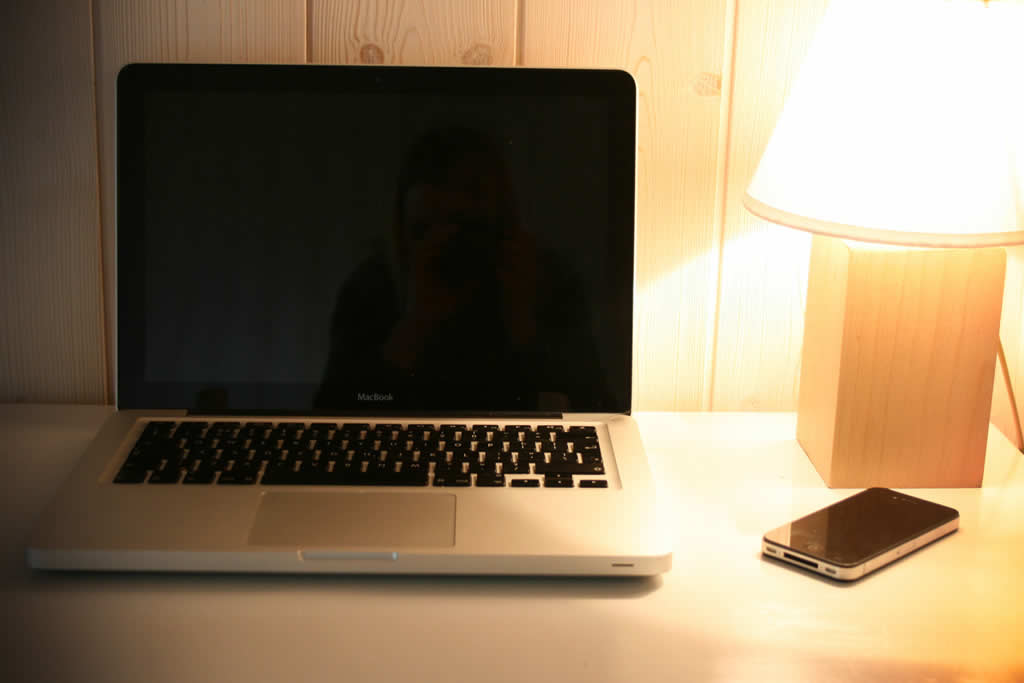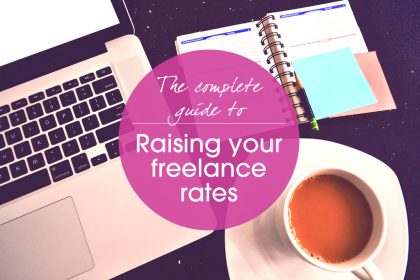What’s the REAL cost of becoming a freelancer?
Fancy going freelance but wondering what you need to get started? Find out what kind of equipment and services you need to consider, and how much they cost.
Setting yourself up as a freelancer may sound like a low-cost venture, but just like any business it comes with some costs – from one-off expenses to regular outgoings.
And its as important to understand what these costs are when you’re starting out, as it is to find clients.
To help you successfully become a freelancer, here are some of the costs you need to budget for to make sure your transition to freelancing is successful. (Please note, all actual costs in this article are just a rough guide and are in US$.)
What are your equipment costs?
One of the first expenses you’ll need to cover as a new freelancer will be your equipment. Depending on your freelancing career, this could include a good computer, software and/or a printer.
Some freelancers, such as a writer, may only need a simple laptop, while a photographer may need much more.
Many of these costs, as noted in the list below, may only be an expense you occur every few years.
1) Desktop/laptop
This will depend on your career and what you need to get done. Again, if you were a freelancer writer, you probably could survive with a Chromebook; however, a programmer may require a desktop with a dual screen monitor setup.
A decent desktop/laptop could cost anywhere between $500 to $1,200, but it could be much more.
2) Software
Are there any paid tools you will need to do your job? Graphic designers, for example, will need Adobe Photoshop, and writers may prefer Microsoft Word over Google Docs.
For each software package, plan on budgeting at least $150 to $300. Luckily you only need to pay this fee once most of the time, unless it’s an annual/monthly subscription.
If you’re on a limited budget, you may not need any software at all – you can sometimes find free alternatives online.
3) Internet connection
An internet connection is a necessity for pretty much every freelancer today. If you already have it at home, you may be able to upgrade to a faster business account for a higher fee (if you need).
Most internet providers charge $50 to $100 per month, depending on where you live and who your service provider is. Talk to your accountant to see if you can write a portion of your internet bill off on your taxes.
4) Website domain and hosting
Most freelancers will have some sort of online presence. And whether you want to create a website on your own or hire a programmer, you’ll need a domain name and hosting.
A good 5-10 page website could cost up to $1,000 or more if you hire a professional, or next to nothing if you create your own WordPress-based site. At a minimum, plan on spending about $10 per month and $10 per year for a basic hosting package and domain name.
5) Printer/scanner/copier
If space is a concern, then an all-in-one machine can do the trick. A good machine can cost about $200 or so.
6) Desk space
If you’re going to work from home, it’s highly advisable you have a room dedicated to your work. This can help weed out distractions and help you get into ‘work’ mode every time you’re in there.
Like any office, you need to think about furnishings, such as an office desk, chair, stationery and somewhere to store paperwork. Depending on your tastes furnishing an office, if done frugally, can be achieved for less than a few hundred dollars.
7) Work phone
Unless you want to use your personal mobile, you’re going to need to consider a work phone.
A different line doesn’t have to be expensive; you can easily set one up with a free Google Voice account. Or if you need a business phone, there are low-cost providers, such as Republic Wireless, that have $10 per month voice plans only.
8) Promotional tools
Aside from your website, how are you planning to market your freelance services? Will this include business cards? Fliers? What about taking clients out to lunch? These are expenses you should factor into your startup costs as well.
9) Remote desktop services
Freelancers may consider using remote desktop services (RDS) to facilitate seamless access to their work environment from any location with an internet connection. Additionally, RDS enhances collaboration with clients by enabling real-time sharing of desktops and applications, fostering communication and project transparency. With built-in security features and cost-effectiveness, RDS can further empower freelancers to work securely.
What are your tax and insurance costs?
All freelancers will need to pay taxes – how much will depend on where you live. Here’s some advice on what you need to think about.
1) Taxes
In the United States, you will pay tax on all income earned after expenses. When starting out, as a rule of thumb, it’s best to set aside at least 25% for tax liability purposes. But to play it safe, it’s best to find a good accountant who can help you understand the tax laws and help you figure out how much you should set aside every month.
An accountant may either charge by the hour or a flat rate based on the paperwork that needs to be filed. You may also need this accountant at the end of the year to help you file your taxes.
2) Business licenses
As well as taxes, you also need to factor in business licenses to separate your business from your personal life. If you’re working from home, this can include setting up an LLC or corporation to protect your personal assets. (In the UK you can opt to set yourself up as a Ltd company.)
Most freelancers either use to a lawyer to help them set up the paperwork or an online legal service. Whichever route you choose, it will always cost you money to file with your local state. Again, these costs will depend on where you’re filing.
3) Health insurance
As you won’t have a health insurance policy from an employer, you will need to sign up for your own health insurance policy, often on the local health insurance exchange.
Again, this cost can vary depending on your age and how many people you want to add to your policy, but plan on spending a pretty penny in today’s climate if you want to insure your family.
4) Other insurances and licences
And finally, while they may be optional for many freelancers, it’s worth considering business or limited liability insurance insurance. (Often if you exhibit at an event, they will expect you to be covered by insurance.)
You also may need licenses to practise. So make sure you investigate any legal requirements before you set up in business.
And if you have dependants, or significant financial outgoings, you may want to look into life insurance or income protection.
Plan to succeed as a freelancer!
As you can see, while freelancing can be very rewarding work, it does come with some costs. But by budgeting carefully you’ll have a clearer idea of how much money you need to set aside each month, and how much ‘take home pay’ you will actually come home with. So you can plan your transition to a freelance career more successfully.
Considering going freelance? Read these articles!
You’ll find more advice on launching a freelance career in these articles:
- Six signs you’re ready to make the leap to freelancing or contracting
- Three steps to becoming an in-demand freelancer
- Think you can’t afford to go freelance? Six money tips that will help
- Your 10 first steps to a successful freelance career
Stephanie Lynch is a freelancer writer who helped created How Much Is It. She currently resides in Gilbert, Arizona with her two sons and husband.










